If a YouTube video can replace a teacher, then it probably should
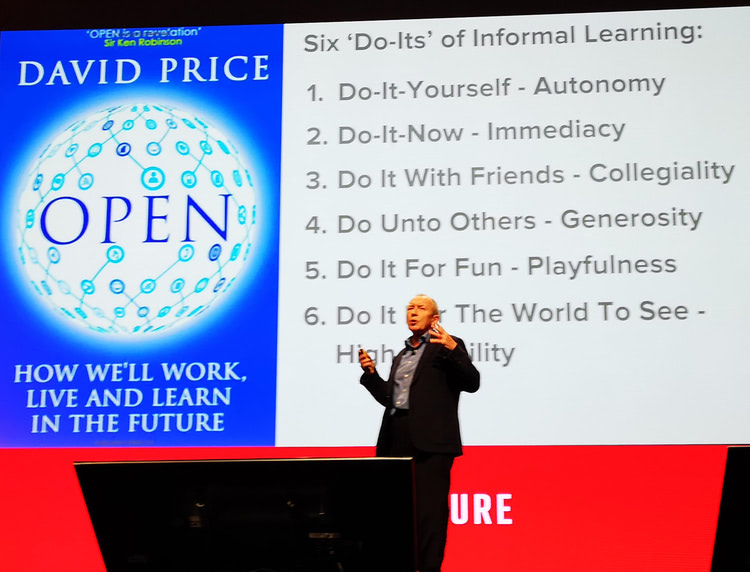
This week, @FENews have been in Barcelona at #CanvasCon and their EdTech event designed to enhance teaching and learning.
This year, the focus has been on lifelong learning and developing skills for 2030.
Join us as we catch up with David Price OBE, one of the keynote speakers from this year’s event:
The blurring of boundaries between informal and formal learning
I think one of my concerns is that the explosion that we’ve seen over the last 10, 15 years, in terms of social and informal learning, has meant that, I think, educators now have a challenge. There’s a lot of competition beyond the formal learning spaces, and I include workplace learning in that, because I think that they meet the same kind of problems.
In my book Open, I’ve talked about that it seems to me that there’s a sense of immediacy about social learning. It’s very attractive, not just to young people, but to adults as well, which then kind of makes sitting down in a classroom and listening to a lecture maybe a wee bit dull in comparison.
I think we could go one of two ways. As educators we could say, “Well, that’s not my concern, what people do when they’re not at college or not in a classroom is up to them.”
Or we can say, “This stuff is there, it’s not going to go away.”
So, it seems to me, how can we how can we try to bring those two areas, the formal and the informal, together so that it’s a richer experience for the student?
If a YouTube video can replace a teacher, then it probably should
This gets me into a lot of trouble with a lot of educators! I’m not for one-minute saying, you know, so there isn’t a role for teachers, it’s simply to say we have to now be offering something more than that.
We’ve got to be giving our students more. If I can go online and watch, you know, the best physics lecture in the world from MIT, then if I’m a physics teacher, there’s no point in me just standing up delivering a similar kind of lecture, because it’s probably not going to be as good.
I then have to think, what is my role now? And that’s all I mean by that. I think we have to use that technology, and we have to incorporate it and change our practice because of it.
Lifelong learning and CPD plays a huge part in teachers being able to adapt and reassess their role in the classroom
I think it’s huge, sadly in the UK, I don’t think we invest in professional development enough. Certainly not compared to other countries that I work in. In places like Australia, schools have got a really decent budget to keep those skills up to date.
I think the Academisation of education has meant that local authorities who used to do a lot of that kind of stuff, no longer have the money to. It’s hard, I think, now for lecturers and teachers to find the kinds of skills development that is out there, because it’s really difficult.
In my new book and I’ve interviewed a company called Learnerbly, who are trying to fill that gap. They’re trying to provide advice for employers in terms of ongoing professional development. That could be everything from just curating what’s available online, or to have up to date information about face-to-face professional development, which might be out there. It seems to me, why should education be any different from any other industry or sector, which we know is going to have to learn, and relearn and unlearn, right in to your 60s and 70s.
It’s ironic that we’ve been talking about lifelong learning most of my life, but we’re actually at that point now, I think, where it has become a reality, and there doesn’t seem to be a coherent plan in place. So, I think we have to give a great deal of thought to what we mean by that.
I talk about agency a lot, and usually I’m talking about it in terms of our students, because I think that the one thing we have to do, in the way that the world is, in terms of society, and the environment, and all of those huge challenges that our young people have got it. They need to have a sense of agency, you know, they need a little bit of what Greta Thunberg’s got, all of them.
But agency doesn’t just apply to the students, it also applies to ourselves as professionals. I think we’ve lost a lot of that, I quote in Open some evidence to show that over the last 50 years I think it is, autonomy generally, in terms of employee autonomy, the permission to think if you like, has halved. More and more people are now working to a script, whether it’s in a call centre, or as I experience, in my doctor’s surgery.
So, I think we’ve got to say, how can we actually bring back that sense of agency in our daily work lives as well? Because that’s what keeps us engaged, feeling like we’re making daily progress in meaningful work.
David Price OBE, Learning Futurist and Author of “Open: How we’ll work, live, and learn in the future“
About David: David has spent a lifetime working in all kinds of sectors of education. Adult Ed, Further Ed, Higher Ed. He now work as a consultant, and a trainer, as well as writing and giving talks.



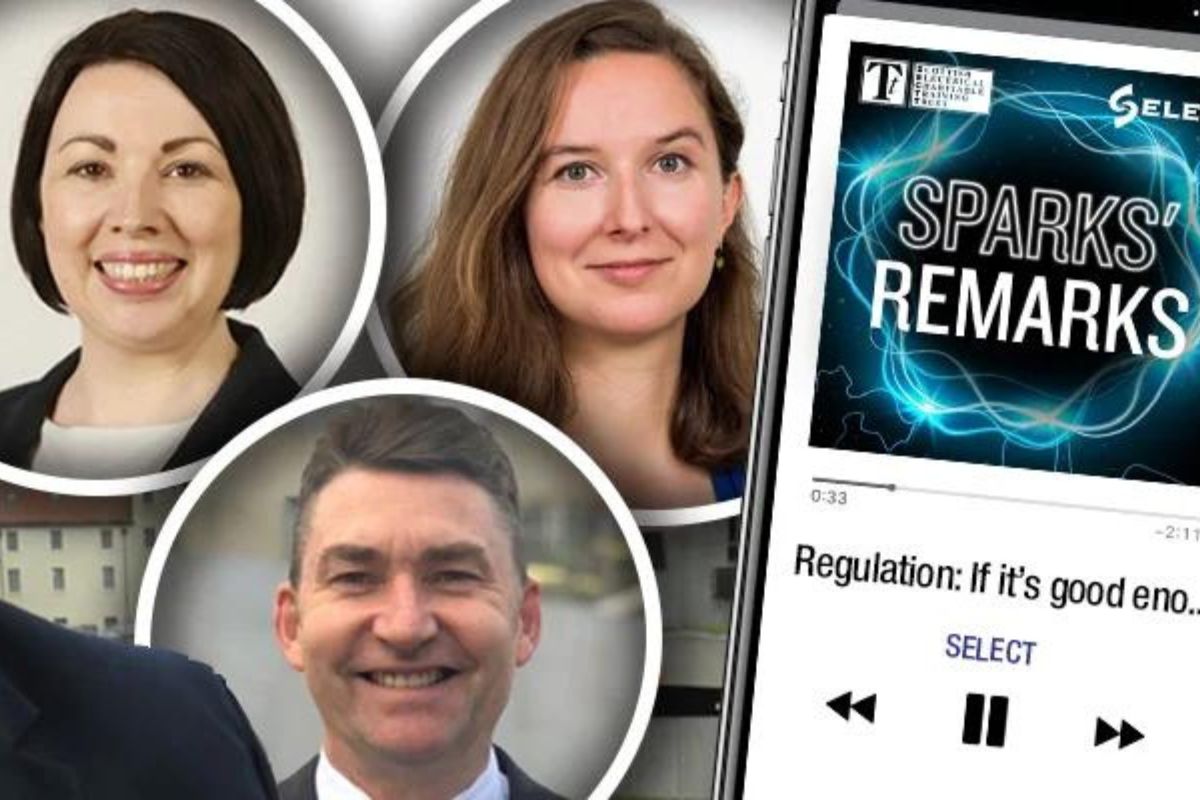
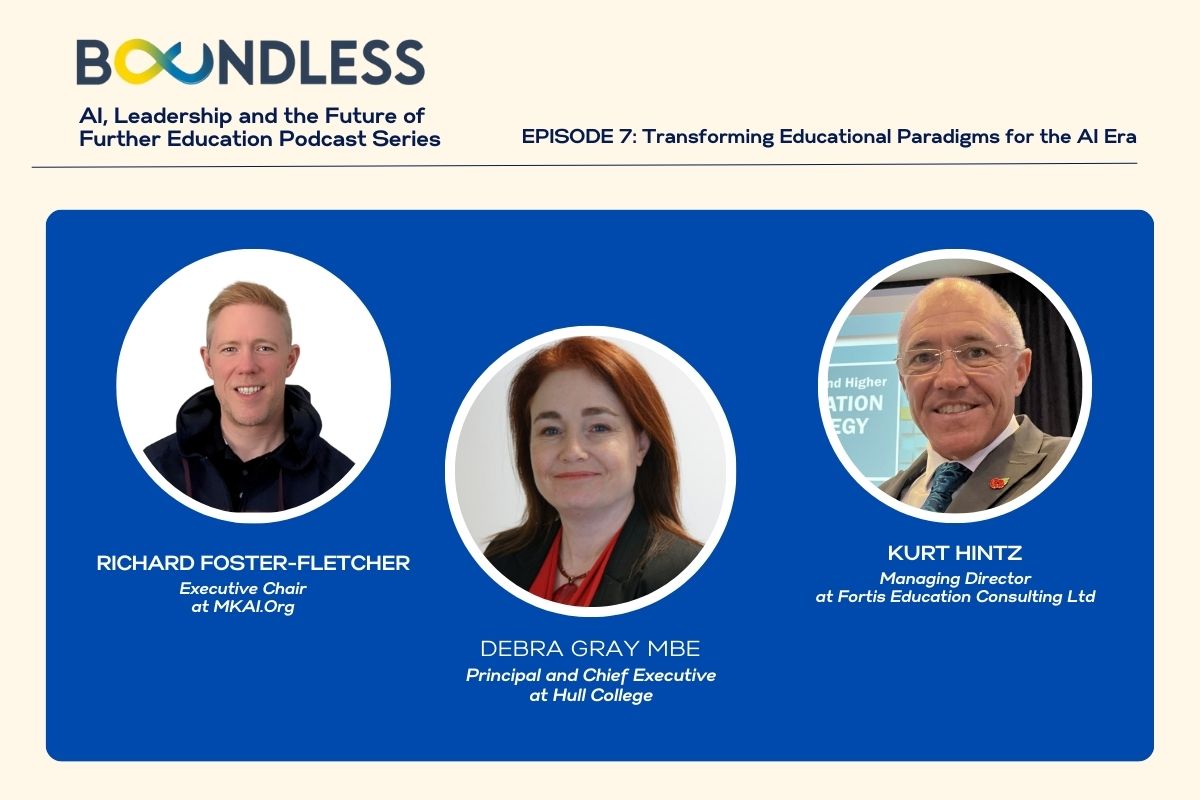
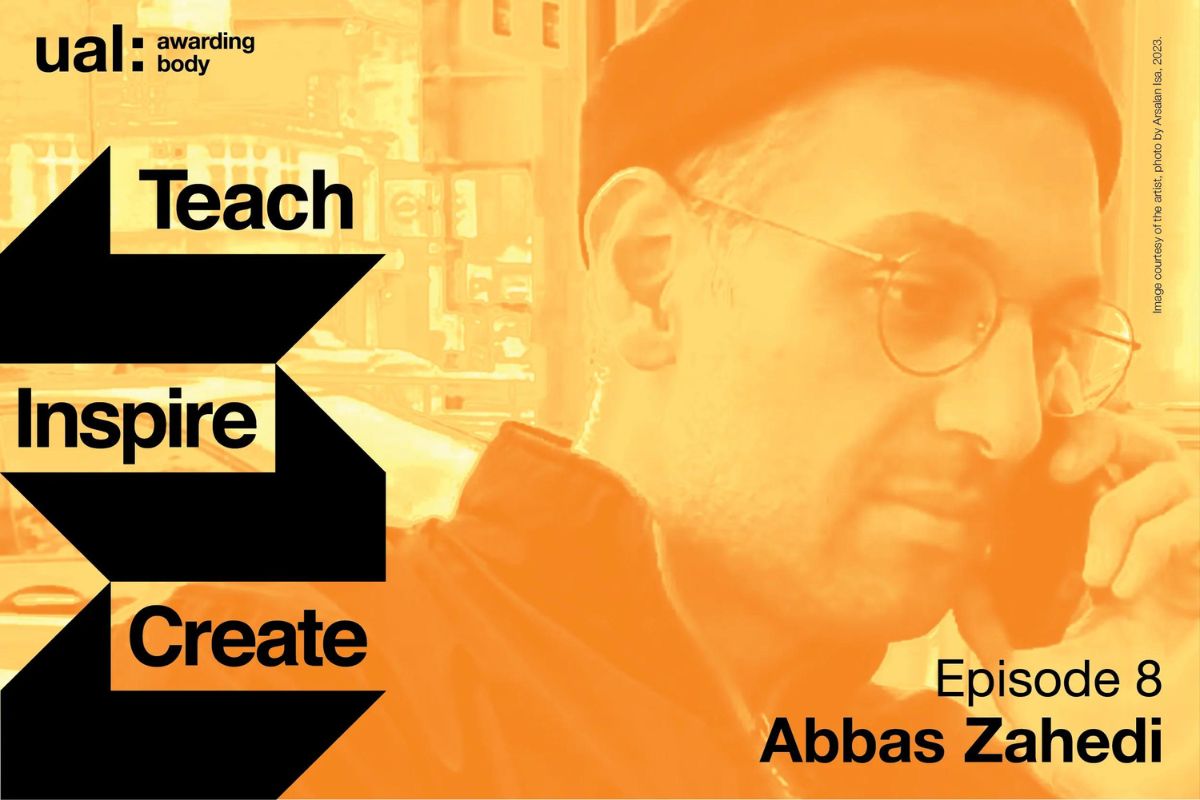
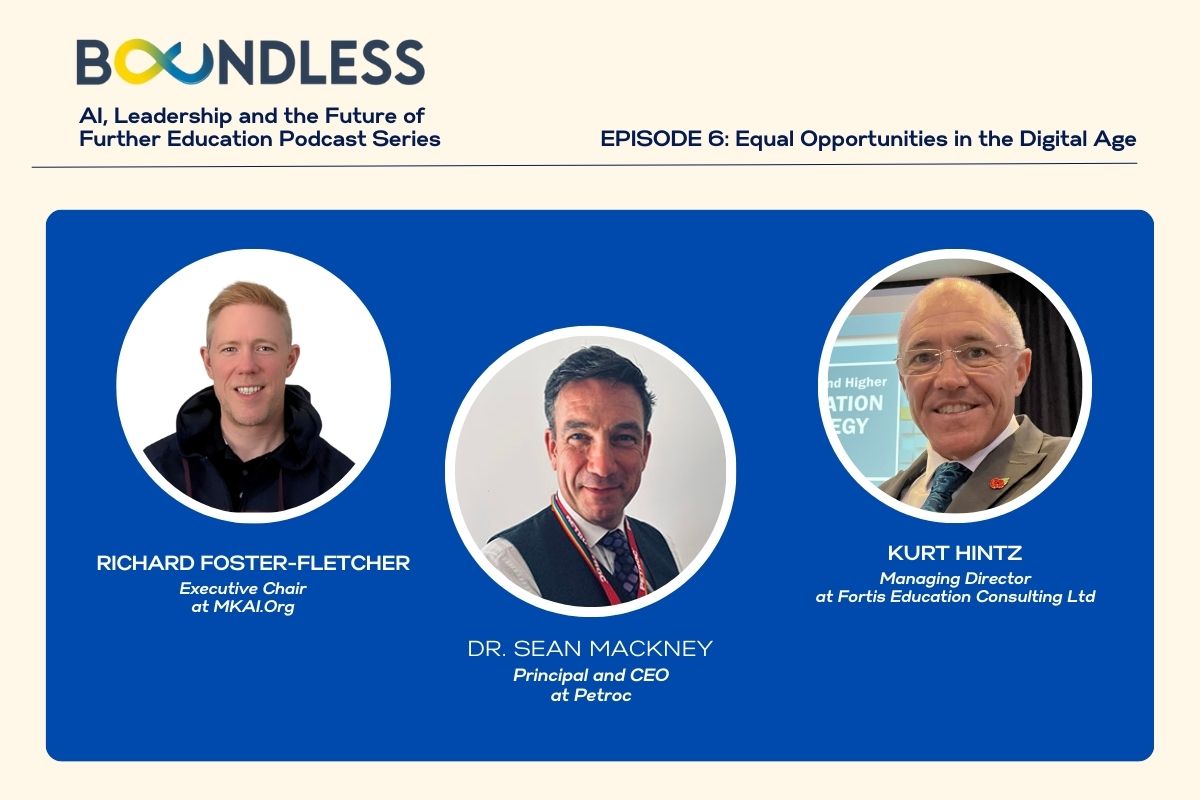
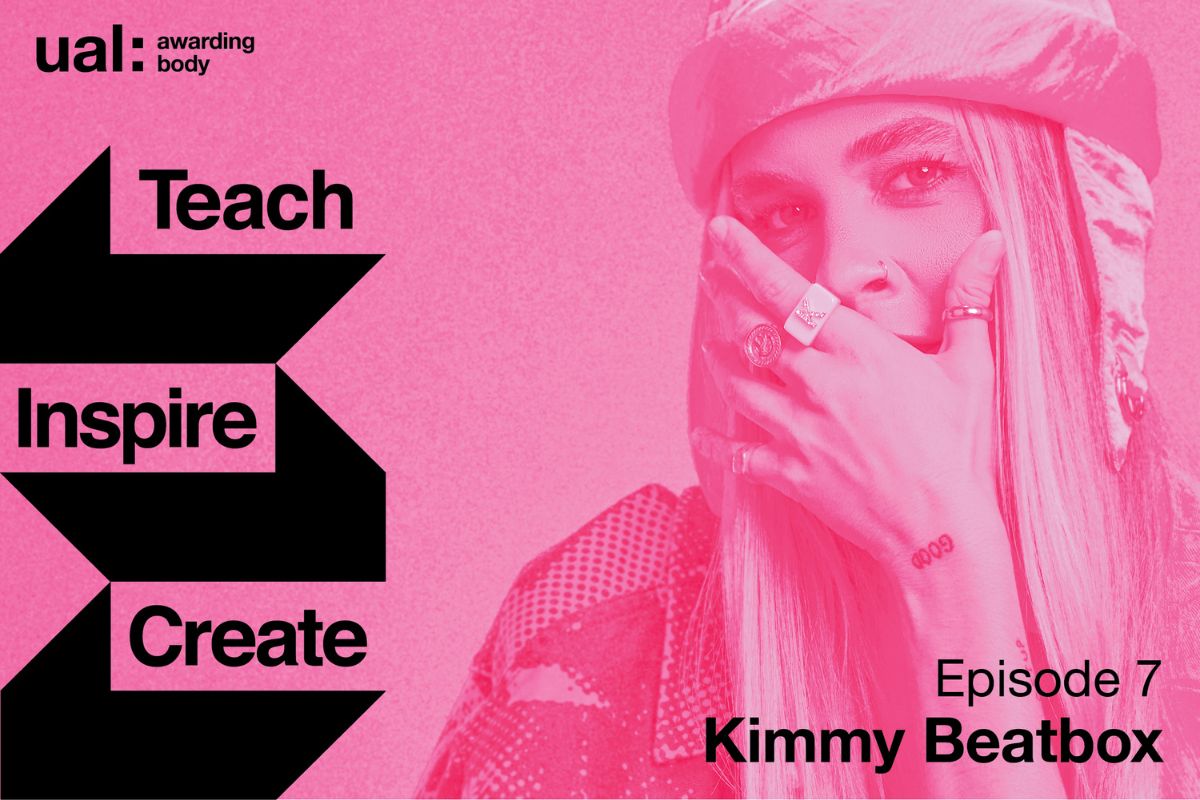

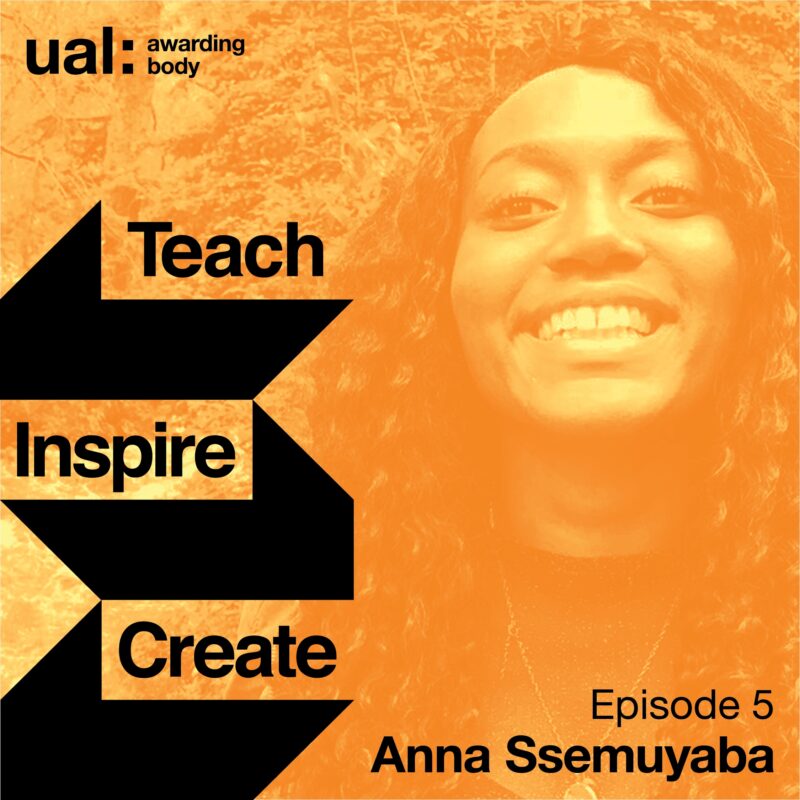
Responses